Jazz Music, Jazz Club, Jazz Label: Cory Weeds Interview - Part 1Cory Weeds is helping to keep the west coast jazz scene sizzling with his jazz club and label.By Jim Dupuis
JD: How did you come about to own a jazz club? You’re a musician. CW: Ya, well I’ve always had a bit of an entrepreneurial spirit, so, that sort of lived in me forever. I was doing a lot of touring when I got out of college and I was playing lots of different venues and seeing parts of the world that I’d never seen before. I was just sort of checking out these venues, because I happened to be in a lot of them while I was playing and while all this was going on I was getting into jazz radio as well. I was forging relationships with musicians. I hadn’t quite broken into the jazz scene in Vancouver, yet, but I knew all these guys—sort of the veterans of the Vancouver jazz scene, because of the college I went to and I started doing radio and gaining their trust that way. JD: Now, who do you get to play in The Cellar? CW: Well, we feature mostly local acts, and that's by choice, because Vancouver is so lucky to have so many great musicians. Though we just finished a weekend with the Lou Donaldson, so we do bring in international acts and touring acts and the big name New York guys, so it is a pretty big cross-section, but the majority of the people that play the club are the local musicians. A lot of people only come out for the big shows, because they think that because musicians live in Vancouver, they are lesser than those that live in New York City or Chicago; and, that's just not the case with Vancouver musicians. We are extremely lucky here. There is so much talent in this city. Ya, I would say it's about an 80/20 split; eighty per cent local and twenty per cent outside the province or outside the country. JD: Ok, it seems to be a natural progression, but it isn't in most clubs. You even put your neck out further by starting The Cellar Live jazz label. There's music happening there and you are recording it. CW: That's kind of funny how that came about. Basically what happened--I So we have this community to draw from, so I started piecing together some tapes and at the end of a year I had a lot of music. I started sifting through it and going I must have a bit of a knack for this thing. You know I'm a musician and I have a good ear. These recordings were starting to sound really good. I got together with a local record company at the time called Maximum Jazz, which I believe is still around today, and they helped put out Maximum Jazz Presents Live at the Cellar, which was a compilation of live recordings and at the time I had a line of credit which was at $0 and I'm like, "I think I want to put out a record, I think I want to do it." So, I talked to Ross Taggart, who was a mentor of mine, growing up, as a person and as a saxophonist. He had this great group with Bernie Arai and Bob Murphy and Mike Rudd, and I said, "Do you guys want to do a record?" JD: Ok, how are you getting David "Fathead" Newman; how are you getting Charles McPherson; how are you getting Dr. Lonnie Smith ... ? CD: Well, you say, "Ya, how are they hearing about you?" and I think, basically what happened is Charles McPherson is one of the first guys I brought to the club. He comes up and he plays and I give him a great local rhythm section. I treat him really well and people come out and support it and he goes back--he happens to live in San Diego, but he spends a lot of time in New York--so, he goes back and tells these guys and you know, you create a little bit of awareness that way. But, I'm a pretty restless guy. I get bored really easy and when I get bored I think, "What can I do next that's going to surprise people, so I sit in front of my computer and I type in David "Fathead" Newman, because I've been hearing all this stuff about the movie Ray and he was Ray Charles' right hand man. Sure enough he has a website and sure enough I send an e-mail and sure enough we've got a date booked. For Lonnie Smith, I was working with a booking agency to supplement my income, in the early days of the club--about three years ago and he (the booking agent) had this big festival to book, which was great. He said to me, "Look Cory, the festival is in Surrey. It's on Sunday. Why don't we get a big name to come up and he can play the club on Friday and Saturday and he's doing an outdoor show on Sunday. Now, I was like, "Great." Now we actually decided on Ravi Coltrane and we were really excited about it and everything was in place, but we realized late in the game, that the agent we were dealing with was not dealing with things properly and there was a whole big dispute. Anyways, a long story short, we had to pull the plug on the Ravi show about two days before the festival was going to go to press with their program. JD: Yikes. CW: Ya, so I called an agency friend of mine, who I had booked some stuff through, and I said, "Do you have anybody out on the west coast?" and he said that Dr. Lonnie Smith is in Colorado, which is about as close as he had anybody to here. So I thought about it. Dr. Lonnie Smith is pretty well known, but I don't know if he is the guy. So we booked it and Jeff said to me--he's the guy I was working for--Jeff said to me, "It's cool. Why don't you get him to play with your group (Crash)." It just never occurred to me or dawned on me to book myself with any of these people. So I did it and we struck up and an instant relationship that resulted in a record, that resulted in a number of radio recordings and four or five tours and we're doing another tour with a little bit different configuration in a couple of weeks. So its been a great relationship. He's a wonderful guy. He's extremely inspiring to be around. He's very generous and he's a fantastic musician. Ya, so Lou Donaldson was just in town. Lou Donaldson talked to Lonnie Smith. He called Lonnie and said, "Hey, who is this guy? Should I go up there? Is he going to treat me good? Is he going to pay, or is he going to screw us around?" and you know of course Lonnie says that it's a great club and you'll love it. He's got a family and you'll meet his mom and dad and his fiancé and you'll have a good time. And sure enough, Lou comes up and has a great time. Now, he goes back to New York and tells his friends and the other musicians and it really works in my favour that way. JD: Yes, good news travels fast. CD: Totally, it sure does, it really does. JD: Why don’t you tell us what the place is all about? CD: Sure, well I went into the business about six years ago, wanting to provide a very listener friendly room for people to listen to jazz. There wasn’t a lot going on in the city in terms of live jazz venues and there wasn’t a lot of places JD: So how big is the place—what does it seat? CW: It seats 85. That’s our legal capacity. JD: Do you have a bar where people can sit while they are waiting for a table? CW: We don’t. We wish we did. We’re sort of limited for space, so we don’t have a holding area or lounge per se. Basically it’s just a big square room. JD: That sounds ideal for a jazz concept. CW: Yes, like I said it’s a big square room and it’s intimate and you know, it makes for a good listening experience. JD: Sort of sounds like a New York jazz club, like I would imagine the Café de Paris was like or The Blue Note or something like that. CW: Ya, those places—The Blue Note is a little bit bigger. There’s clubs that I like to—there’s the Village Vanguard which is a bit bigger than The Cellar and there’s a place in upper Manhattan called Smoke, that is a really, really great club. I’ve taken some concepts that they use their and I’ve applied them to the club here in Vancouver, so ya it definitely does have a New York feel to it, for sure. Next month in Part Two of our conversation Cory Weeds tells us more about the west coast jazz scene and his music career. |
Reviews
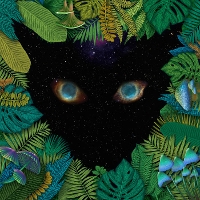
Mngwa
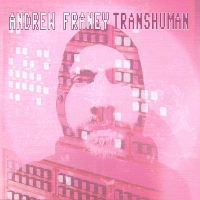
Andrew Franey
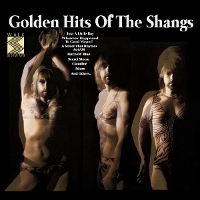
The Shangs

Alex Cuba

Tri Nguyen
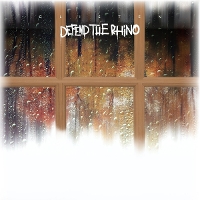
Defend The Rhino
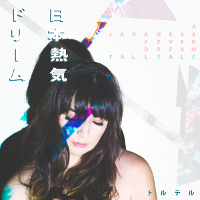
Talltale
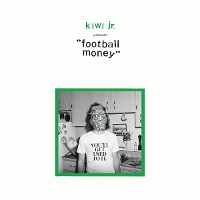
Kiwi Jr.
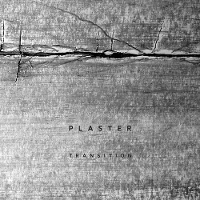
Plaster
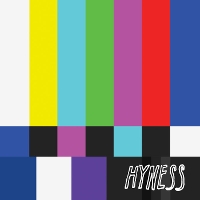
Hyness
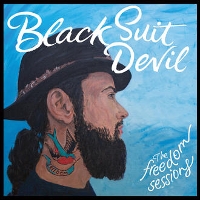
Black Suit Devil
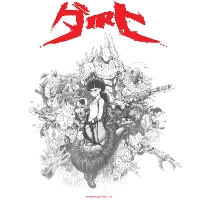
Yamantaka // Sonic Titan
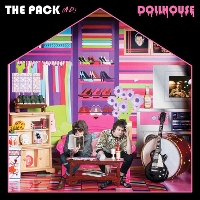
The Pack A.D.
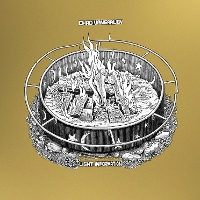
Chad VanGaalen

Potengowski Anna Friederike
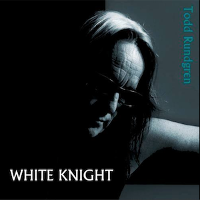
Todd Rundgren

Old 97's
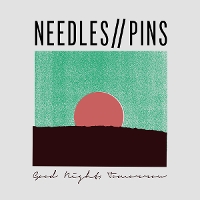
Needles//Pins


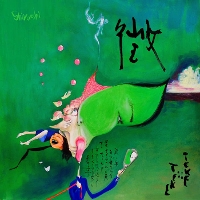
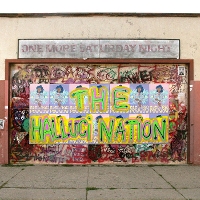
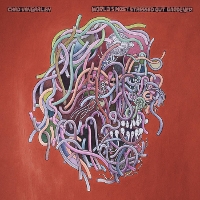
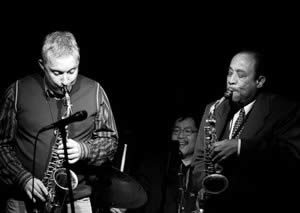
 I just thought that this room was so perfect and if I didn't jump on it right away, it wasn't going to happen.
I just thought that this room was so perfect and if I didn't jump on it right away, it wasn't going to happen. 

